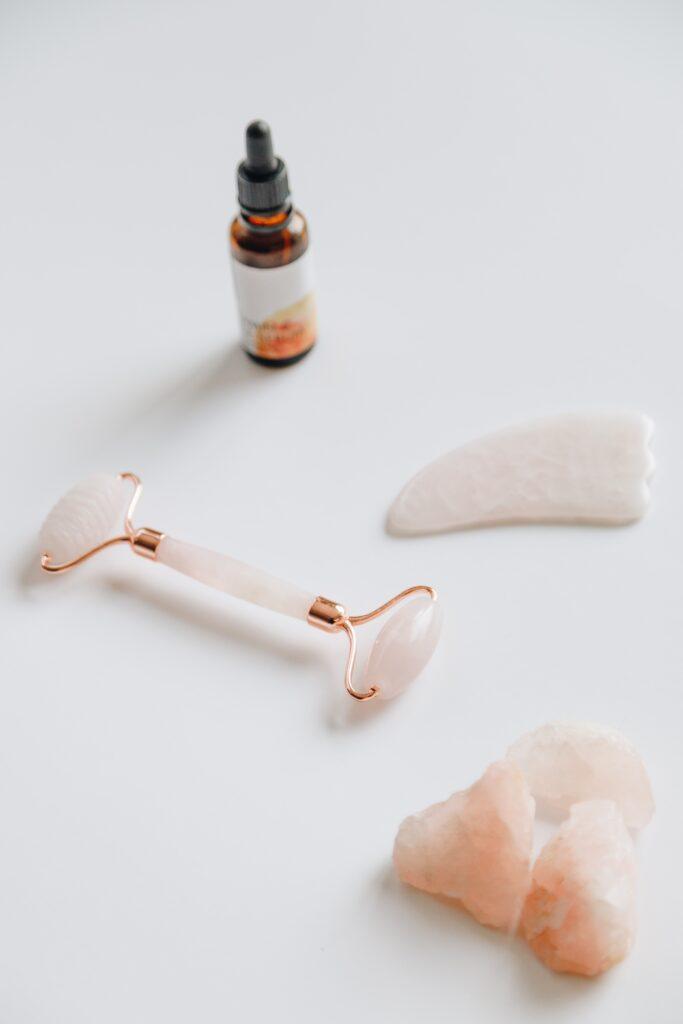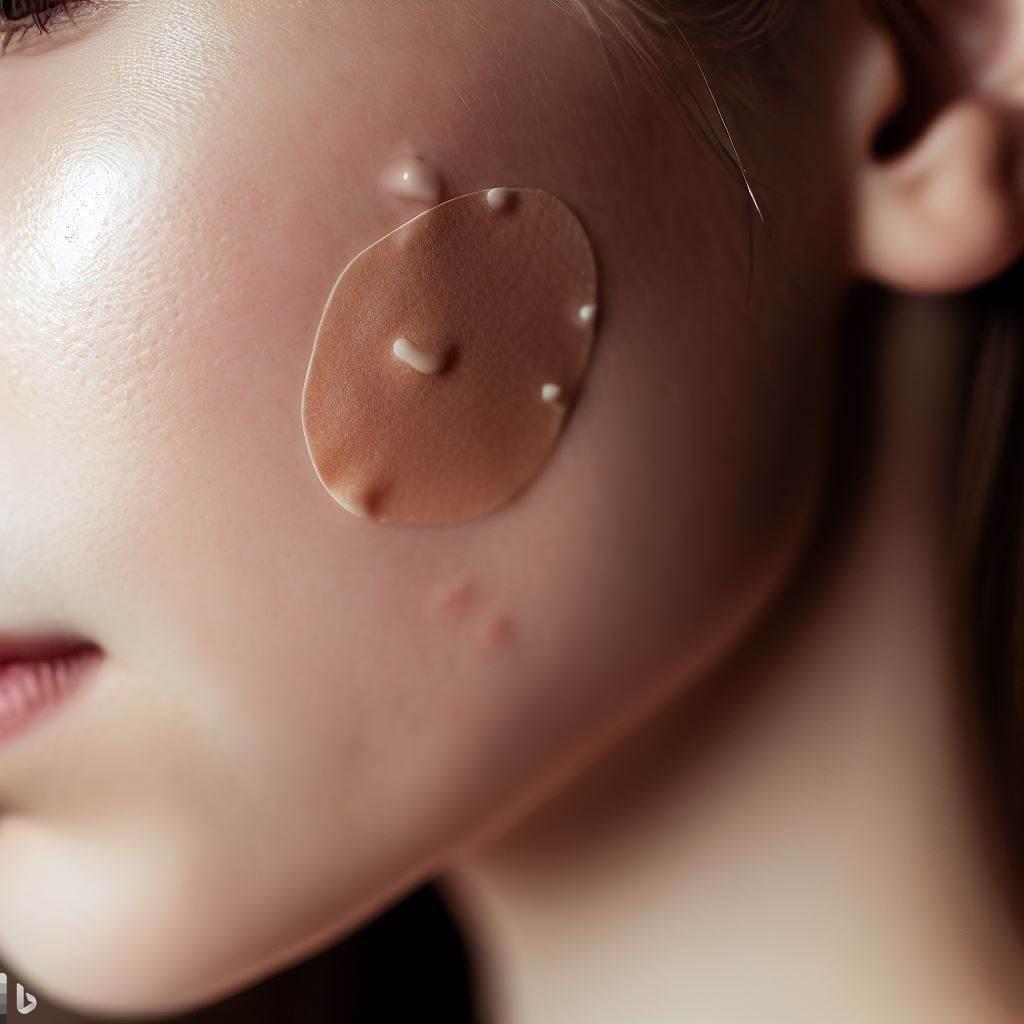So, you’ve diligently moisturized your skin, making it soft and hydrated. However, those pesky pimples just won’t budge. Now, you’re left wondering if it’s safe to use an acne patch after moisturizing. Well, fret not! In this article, we’ll explore the compatibility of acne patches and moisturizers, providing you with the answers you’ve been searching for. Whether you’re new to the world of skincare or a seasoned expert, read on to find out if you can finally bid farewell to those stubborn blemishes without compromising your skin’s health and well-being.
Can I Use an Acne Patch After Moisturizer?
Understanding Acne Patches
Acne patches have become increasingly popular as a targeted solution for treating acne breakouts. These small, adhesive patches are designed to be applied directly onto pimples or acne-prone areas of the skin. They work by creating a protective barrier over the blemish, preventing bacteria and dirt from entering while absorbing excess oil and impurities.
The Importance of Moisturizing in Acne Care
Moisturizing plays a crucial role in any acne care routine. Contrary to popular belief, moisturizing your skin does not worsen acne; it actually helps maintain a healthy skin barrier and prevent dryness. When our skin becomes dehydrated, it often compensates by producing more sebum, which can lead to clogged pores and breakouts. By keeping the skin moisturized, you can help balance oil production and reduce the likelihood of acne flare-ups.

The Purpose of Applying Acne Patches
The primary purpose of applying acne patches is to target and treat individual pimples. These patches are formulated with ingredients like hydrocolloid, which works to draw out impurities and speed up the healing process. By applying an acne patch to a pimple, you create an environment that is conducive to faster healing while also protecting the area from external irritants.
Applying Moisturizer Before the Acne Patch
While it is generally recommended to apply moisturizer before any spot treatments, such as acne patches, there may be instances where using an acne patch after moisturizer can be beneficial. Moisturizing before applying an acne patch helps create a barrier between the patch and your skin, preventing any potential irritation or discomfort that can arise from direct contact. Additionally, by moisturizing beforehand, you ensure that the affected area is adequately hydrated, which can potentially aid in the healing process.

Reasons to Apply Acne Patches After Moisturizer
There are a few reasons why you might consider applying an acne patch after moisturizer. Firstly, if your moisturizer contains active ingredients, such as benzoyl peroxide or salicylic acid, it might be more effective to allow those ingredients to penetrate the skin before applying an acne patch. This way, the patch can work synergistically with the moisturizer to target the pimple and address any underlying causes of acne.
Another reason to consider applying an acne patch after moisturizer is if you have sensitive or dry skin. The moisturizer acts as a protective barrier, ensuring that the adhesive from the acne patch does not strip away moisture or cause further irritation. By applying the patch after moisturizer, you are providing a cushion for your skin, minimizing the chances of discomfort or adverse reactions.
Possible Issues When Using Acne Patches After Moisturizer
While applying an acne patch after moisturizer can have its benefits, it is important to note that it may not be suitable for everyone. The effectiveness of the patch can be compromised if the moisturizer creates a barrier between the patch and the pimple. Additionally, the oil and emollients present in some moisturizers can reduce the adhesive properties of the patch, causing it to loosen or detach prematurely.
If you find that your acne patch is not sticking properly or not delivering the desired results when applied after moisturizer, it may be worth considering applying the patch before moisturizer or using a lighter, gel-based moisturizer that won’t interfere with the adhesion of the patch.

Choosing the Right Moisturizer for Acne-Prone Skin
When selecting a moisturizer for acne-prone skin, it is crucial to opt for non-comedogenic formulas. These are specifically designed to not clog pores or exacerbate acne breakouts. Look for moisturizers labeled as oil-free or lightweight, as they are less likely to contribute to excessive oiliness or pore congestion.
It is also advisable to choose a moisturizer that contains ingredients like hyaluronic acid or ceramides, which are known for their hydrating and barrier-protecting properties. These ingredients can help keep your skin moisturized without exacerbating acne or causing irritation.
How to Properly Apply Acne Patch After Moisturizer
If you decide to apply an acne patch after moisturizer, it is essential to follow a few simple steps to ensure proper application:
- Cleanse your face thoroughly to remove any dirt, oil, or makeup.
- Apply your regular acne-fighting skincare products, such as toner or serum.
- Gently pat a small amount of moisturizer onto your skin, focusing on the areas where you plan to apply the acne patch.
- Allow the moisturizer to absorb fully, typically for 5-10 minutes.
- Carefully remove the acne patch from its packaging and apply it directly onto the pimple or acne-prone area.
- Press the patch down gently to ensure optimal adhesion.
- Leave the patch on for the recommended period, typically overnight or until it becomes opaque.
- To remove the patch, gently peel it off from the edge, ensuring not to disrupt the skin.
By following these steps, you can minimize the risk of irritation, maximize the effectiveness of the acne patch, and support the healing process of the pimple.
Tips for Maximizing the Effectiveness of Acne Patches
To get the most out of your acne patches, consider these tips:
- Use acne patches on clean, dry skin for better adherence.
- Avoid picking or popping pimples before applying the patch to prevent further infection or irritation.
- Change the patch regularly, especially if it becomes visibly saturated or loses adhesion.
- When applying the patch, make sure to cover the entire pimple to ensure maximum absorption.
- Be consistent with your skincare routine and incorporate acne patches as needed to address new breakouts.
- Avoid touching or rubbing the patch excessively to prevent it from detaching prematurely.
- If you experience any discomfort or allergic reactions, discontinue use and consult a dermatologist.
Alternative Methods for Treating Acne
While acne patches can be a valuable tool in your acne care routine, it is important to note that they are not the only solution available. There are several alternative methods for treating acne, depending on your preferences and the severity of your condition.
- Topical treatments: Over-the-counter or prescription creams, gels, or ointments containing ingredients like benzoyl peroxide or retinoids can help unclog pores and reduce inflammation.
- Oral medications: In more severe cases, a dermatologist may prescribe oral antibiotics, hormonal contraceptives, or isotretinoin to combat acne.
- Professional treatments: Dermatological procedures such as chemical peels, microdermabrasion, or laser therapy can be effective in treating acne and minimizing its appearance.
- Lifestyle changes: Adopting a healthy lifestyle, including maintaining a balanced diet, managing stress levels, and practicing good hygiene, can contribute to better skin health.
Remember, everyone’s skin is unique, and what works for one person may not work for another. It is always advisable to consult a dermatologist or skincare professional for personalized advice and guidance on the best acne treatment options for your individual needs.
In conclusion, while there may be instances where applying an acne patch after moisturizer can be beneficial, it is essential to consider factors such as your skin type, the ingredients in your moisturizer, and the effectiveness of the patch. By understanding the purpose and benefits of acne patches, choosing the right moisturizer, and following proper application techniques, you can effectively incorporate these patches into your acne care routine and support the healing process of individual pimples.
More about: Can Acne Cream Make Acne Worse
And How To Use Panoxyl Acne Foaming Wash




